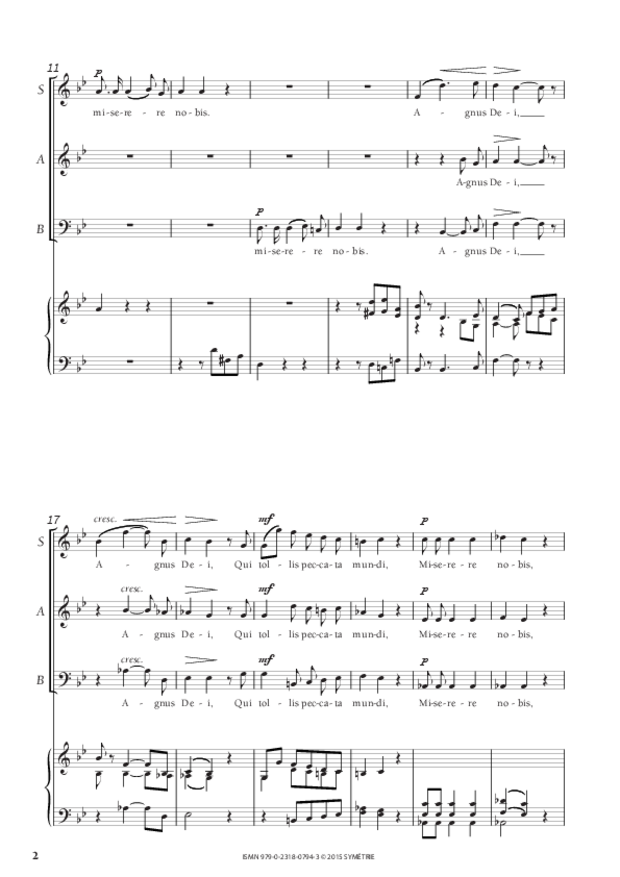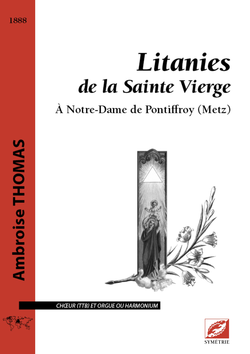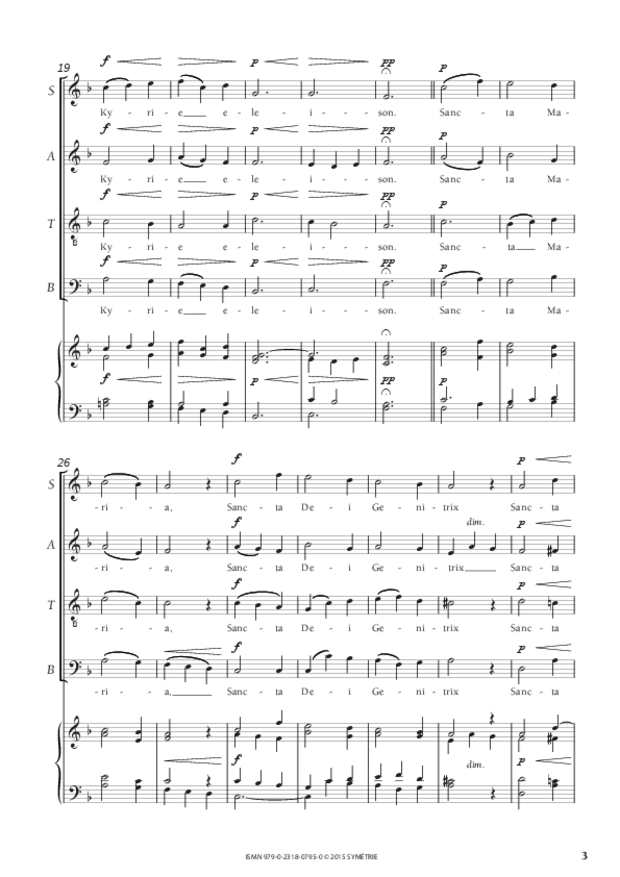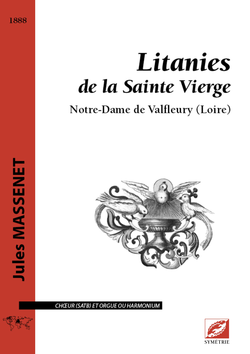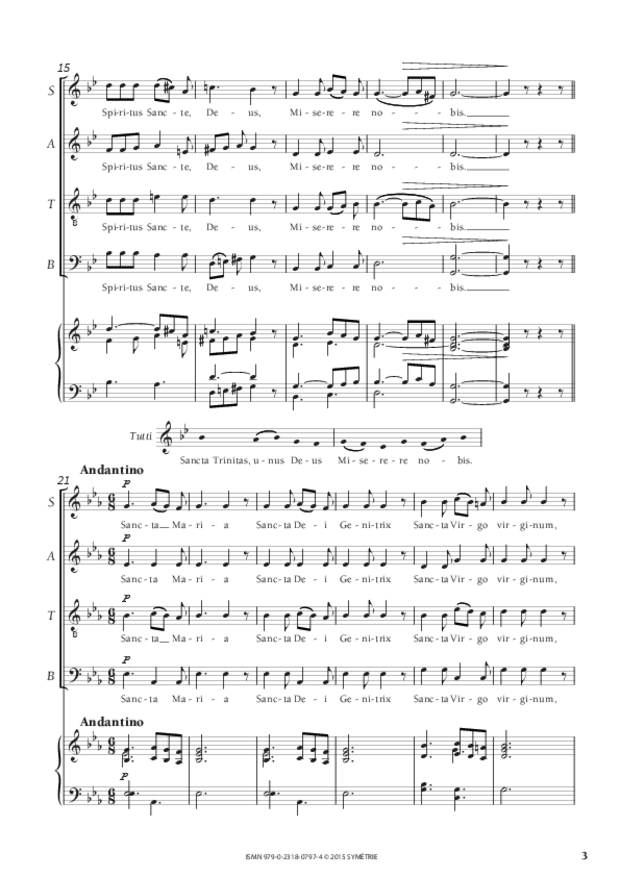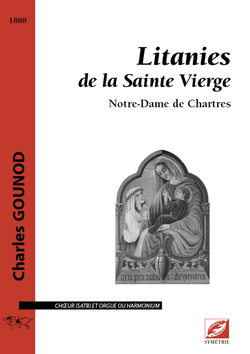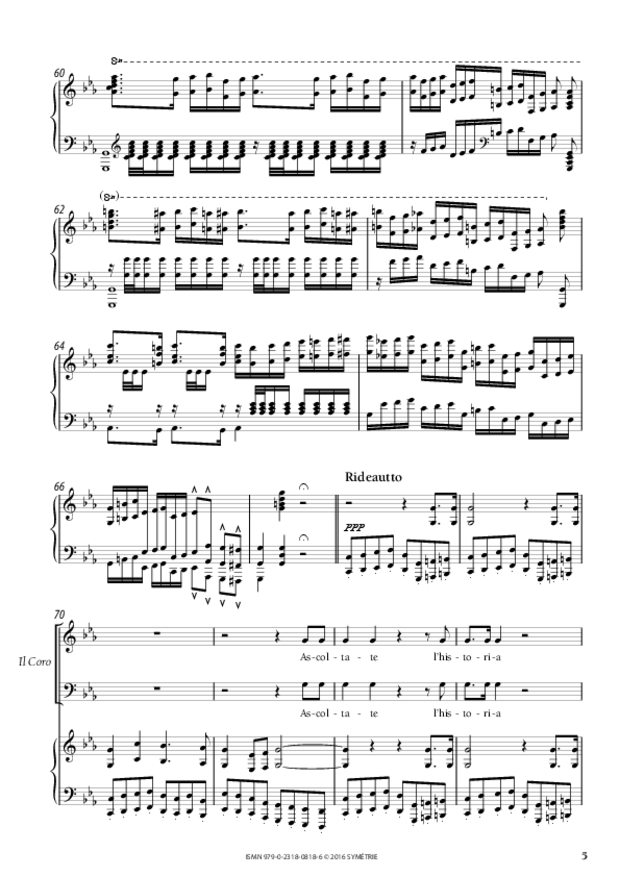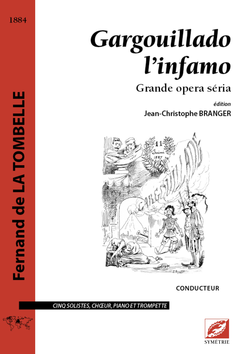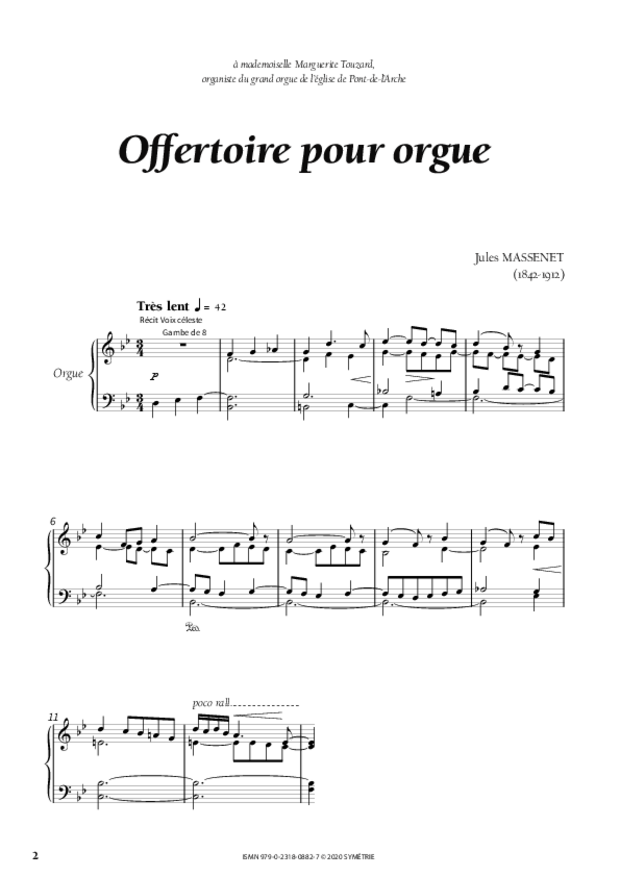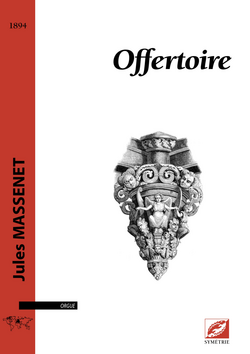Refus (1901)
It was not until its publication on the 12th of January 1901 in Le Figaro that Refus was acknowledged to be one of Massenet’s works. However, it marked the beginning of an interesting but short-lived collaboration between the composer and a young poet called André Lebey (1877-1938). Massenet had translated with finesse a dialogue between a man and a woman whose respective lines he had explicitly identified by prefacing them with the indications “she” and “he” which do not appear in Lebey’s poem. This conversational tone, which contrasts from one character to another, gives his song the appearance of a small, eminently theatrical scene.
Le Détour du chemin (1904)
The poem dealt with a recurring theme in the composer’s life as he reflected on his past and his future. As for the music, it was a typical example of the “Massenet phrasing”, with its ternary rhythm, its vocal writing, and its kaleidoscopic harmonic touches in a generally stable tonal context. Regarding the vocal part, the voice fully takes on an ample and generous theme, supported by an accompaniment formula that magnifies it. Le Détour du chemin thus embodied the relations that Massenet was able to maintain with worldly and media circles to spread his music and enhance his reputation.
Avant la bataille (Reischoffen) (1904)
This song, published in facsimile with a series of colour illustrations by Géo Roussel in a 1904 issue of Le Figaro illustré, evoked in a light-hearted way a tragic event of the early days of the war, the battle of Reischoffen on the 6th of August 1870. Dedicated to General Edmond Massenet de Marancour, one of the composer’s older brothers, the duet evolves on an Alsatian waltz movement. It was based on a poem by Jean de Villeurs (1843-1908), the pseudonym of General Édouard de Hardÿ de Périni who, the previous year, had provided Massenet with one of his three Poèmes chastes (1903).
Jean-Christophe Branger
translation Hjördis Thébault
